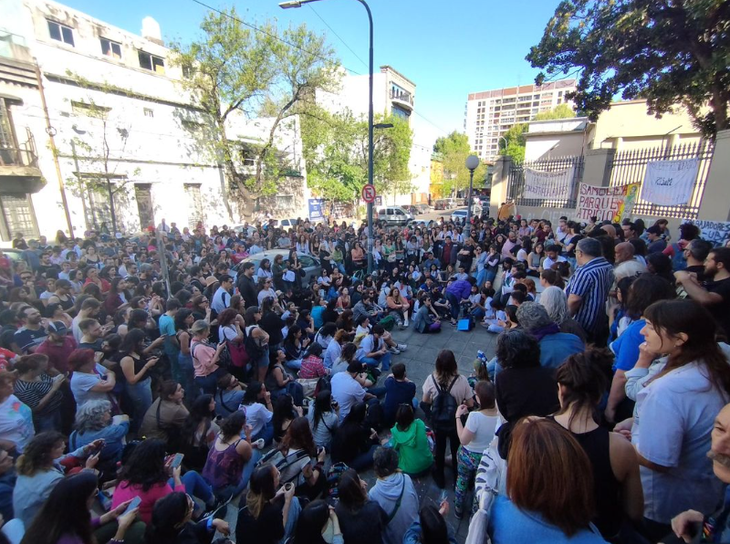In detail, the agreement was signed by the new Minister of Health, Mario Lugonesand the Executive Director of the National Institute of Social Services for Retirees and Pensioners (INSSJP), Esteban Leguizamo. As detailed, the measure can be carried out thanks to the “existence of institutionalized mechanisms through agreements with the pharmaceutical industry that generate a greater logistics provision in less time and at a lower value“.
The agreement between PAMI and the Ministry of Health
According to PAMI in a press release, “the implementation of this measure means an average saving of 50% on medication purchases“. The new provision, as detailed, aims to reduce the costs of medications and treatments for oncological diseases or special treatments that have a specifically high cost.
mario lugones.jpg
Mario Lugones assumed his position on October 1.
Until today, high-cost medications were managed through the Directorate of Direct Assistance for Special Situations (DASE), agency managed by the Ministry of Health. Its objective was to facilitate access to treatment”terminal illnesses or serious pathologies“in people in vulnerable situations who do not have any type of health or social work coverage and who cannot access their medications through “provincial ministries, municipal health secretariats or through specific programs of the Ministry.”
Lugones and Leguizamo led the signing of the cooperation agreement to obtaining and dispensing of the medications described. In addition, the secretary of Administrative Management of the ministry, Cecilia Loccisanothe deputy executive director of the Institute, Carlos Zamparolo and other authorities of the organizations.
After the agreement, PAMI highlighted: “PAMI becomes a strategic actor in the provision of high-priced medicines, not only for its members but also for all vulnerable people who need them.
The Government began the closure of the Laura Bonaparte National Mental Health Hospital
Workers at the Laura Bonaparte National Mental Health Hospital They denounced, last Friday, that the Government decided to close the hospitalization service of the health center, as well as the guard. So far this year, more than 25 thousand people were treated at the institution.
As sources from the Ministry of Health detailed to Ámbito, the ruling party began with the closing processclarifying that from the beginning of the management ”work was done on the normalization of the Hospital product of underutilization based on its capacity.
Take Bonaparte Hospital.png

Hospital workers have been fighting for days after the Government’s announcement.
@enluchaelbonaparte
In detail, the Government reported that the institution receives a $16.8 billion budget and it has a very low occupancy, of about 30 patients. In addition, they detailed that the average hospital inpatient rate is between 16 and 19something that the ministry considers to be numbers and statistics “very low for what is expected from a mental health hospital with general services, considering the building dimensions, and the amount of human resources assigned to care and administration.”
Another important focus of the Government’s measure is that in relation to the situation of patients who are admitted to the hospital, since they depend on the Government, and would be left without treatment. From the Ministry of Health they clarified that the hospitalized patients will not be affectedsince they will be referred to other institutions dependent on the organization, as well as outpatient clinics. From the portfolio led by Lugones they stated that the establishments They will be within the community radius and the jurisdictions to which the patients belong.
Source: Ambito




